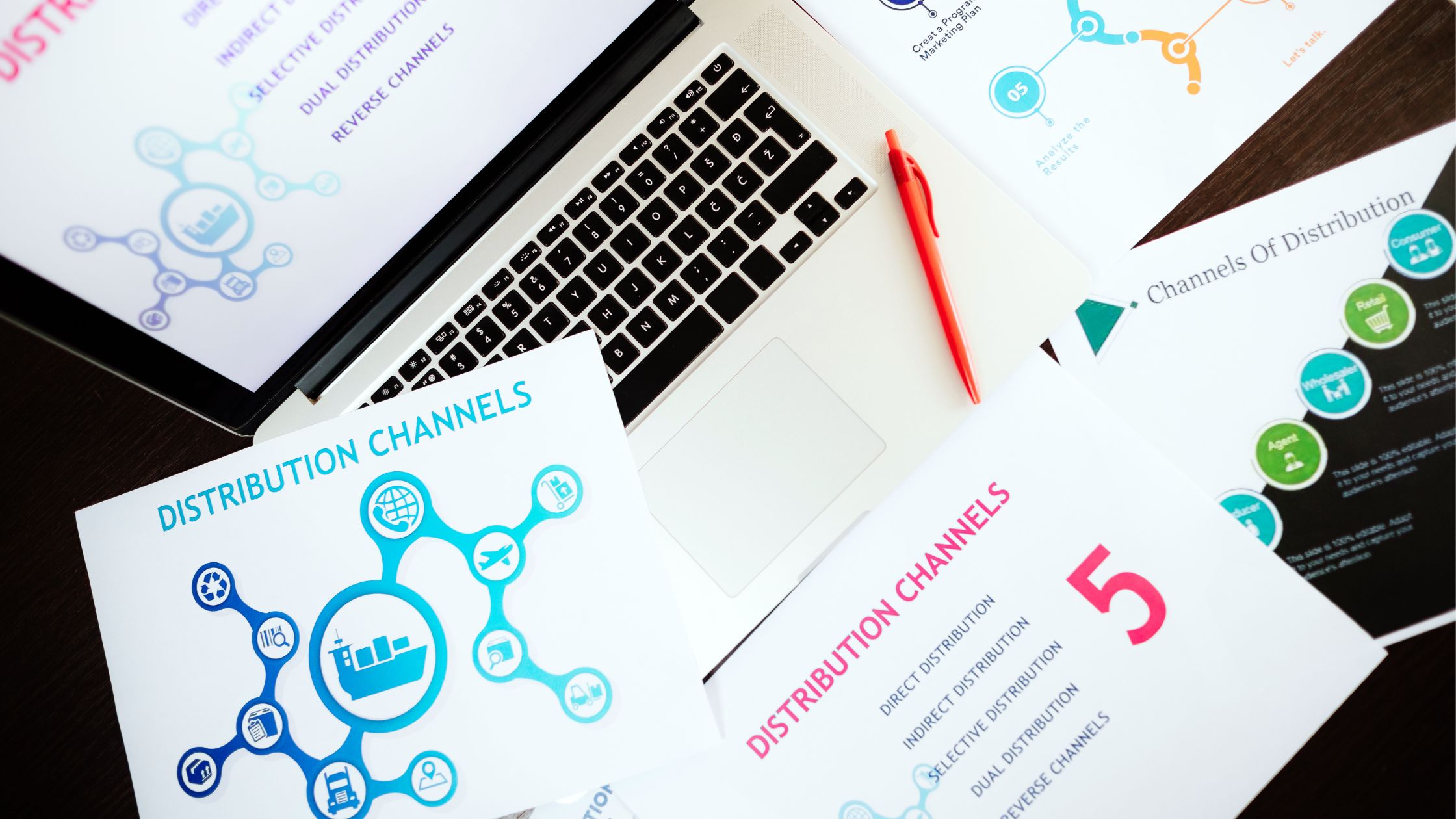Tax planning is a crucial aspect of personal finance that can significantly impact your financial health. It involves organizing your financial affairs to minimize tax liability while ensuring compliance with the law. In an era where every dollar counts, effective tax planning strategies can help you keep more money in your pocket. In this article, we’ll explore various tax planning strategies that can optimize your tax situation and provide actionable insights to help you maximize your savings.
Understanding Tax Planning
Before diving into specific strategies, it’s essential to understand what tax planning is and why it matters. Tax planning is the process of analyzing your financial situation to create a plan that minimizes tax liability. This can involve timing your income and expenses, making use of deductions and credits, and utilizing tax-advantaged accounts. The goal is to reduce the amount of income that is subject to taxation, thereby keeping more money in your pocket.
The Importance of Tax Planning
- Minimize Tax Liability: By implementing effective strategies, you can lower your overall tax bill, allowing you to retain more of your earnings.
- Cash Flow Management: Proper tax planning helps in managing cash flow effectively, ensuring you have funds available for both short-term needs and long-term investments.
- Future Financial Goals: Effective tax planning can help you reach your financial goals faster by freeing up more money for savings and investments.
- Legal Compliance: Staying informed about tax laws and regulations can help you avoid penalties and legal issues associated with tax evasion or improper reporting.
Key Tax Planning Strategies
Here are some effective tax planning strategies that can help you minimize your tax liability and maximize your savings:
1. Take Advantage of Tax-Deferred Accounts
One of the most effective strategies for tax planning is to utilize tax-deferred accounts, such as:
- 401(k) Plans: Contributions to a 401(k) are made with pre-tax dollars, reducing your taxable income for the year. Additionally, your investments grow tax-deferred until you withdraw them in retirement.
- Traditional IRAs: Similar to a 401(k), contributions to a Traditional IRA may be tax-deductible, allowing you to save on taxes while investing for retirement.
- Health Savings Accounts (HSAs): HSAs offer triple tax benefits: contributions are tax-deductible, growth is tax-free, and withdrawals for qualified medical expenses are also tax-free.
2. Utilize Tax Credits
Tax credits directly reduce your tax liability, making them more valuable than deductions. Here are some common tax credits to consider:
- Earned Income Tax Credit (EITC): Designed for low- to moderate-income working individuals and families, the EITC can provide a significant boost to your refund.
- Child Tax Credit: Families with children can take advantage of the Child Tax Credit, which provides a credit for each qualifying child.
- Education Credits: The American Opportunity Tax Credit (AOTC) and the Lifetime Learning Credit can help offset education costs.
3. Itemize Deductions Wisely
While many taxpayers choose the standard deduction, itemizing deductions can sometimes lead to greater savings. Common itemizable deductions include:
- Mortgage Interest: Homeowners can deduct interest paid on their mortgage, which can lead to substantial tax savings.
- State and Local Taxes (SALT): You can deduct state and local income taxes or sales taxes, as well as property taxes, subject to certain limits.
- Charitable Contributions: Donations to qualified charities are tax-deductible, allowing you to support causes you care about while reducing your taxable income.
4. Consider Tax-Loss Harvesting
If you have investments in taxable accounts, tax-loss harvesting can be a useful strategy. This involves selling investments that have lost value to offset gains from other investments. By doing this, you can reduce your overall capital gains tax liability.
5. Optimize Your Filing Status
Your filing status can significantly impact your tax liability. Here are the common filing statuses and their implications:
- Single: Generally applicable to unmarried individuals. This status has its own tax brackets and standard deduction.
- Married Filing Jointly: Often results in lower taxes compared to filing separately, as tax brackets are more favorable.
- Head of Household: This status provides a higher standard deduction and more favorable tax brackets for unmarried individuals with dependents.
6. Contribute to Tax-Advantaged Accounts
In addition to retirement accounts, consider other tax-advantaged accounts:
- Flexible Spending Accounts (FSAs): These accounts allow you to set aside pre-tax dollars for medical expenses, reducing your taxable income.
- Dependent Care Accounts: If you pay for childcare, contributions to a dependent care account can help you save on taxes.
7. Timing Income and Expenses
The timing of your income and expenses can have a significant impact on your tax liability. Strategies to consider include:
- Deferring Income: If you anticipate being in a lower tax bracket next year, consider deferring bonuses or income until the next tax year.
- Accelerating Expenses: If you have deductible expenses, such as medical costs or business expenses, consider paying them before the end of the year to maximize your deductions.
8. Use a Qualified Business Income Deduction (QBI)
If you are a business owner or self-employed, you may qualify for the Qualified Business Income deduction, which allows you to deduct up to 20% of your qualified business income. This can significantly lower your taxable income.
9. Keep Accurate Records
Maintaining accurate records of your income, expenses, and deductions is crucial for effective tax planning. Use accounting software or consult with a tax professional to ensure you are tracking everything accurately. Good record-keeping can help you substantiate your claims in case of an audit.
10. Consult a Tax Professional
Navigating tax laws can be complex, and it’s easy to overlook potential deductions and credits. Consulting with a tax professional can help you develop a personalized tax strategy that aligns with your financial goals. They can also provide insights into the latest tax changes and how they may affect you.
Also Read: Estate Tax Loopholes: Are They Worth It?
The Bottom Line
Effective tax planning is an essential part of personal finance that can help you keep more money in your pocket. By taking advantage of tax-deferred accounts, utilizing credits and deductions, timing your income and expenses, and consulting with professionals, you can create a comprehensive tax strategy that optimizes your financial situation. Remember, tax planning is not a one-time event; it requires ongoing attention and adjustment as your financial circumstances change.
Start implementing these strategies today, and take control of your financial future. With careful planning and the right approach, you can maximize your savings and reach your financial goals more efficiently.

